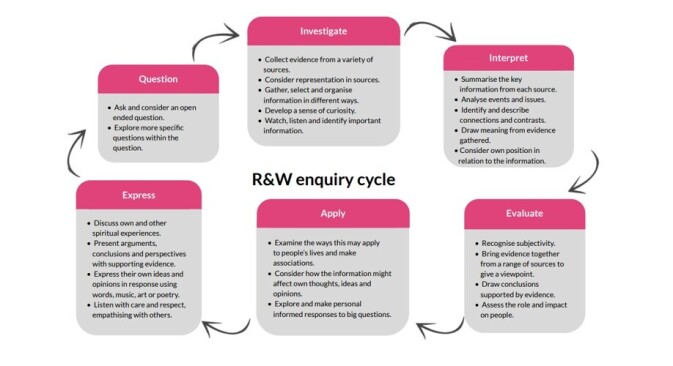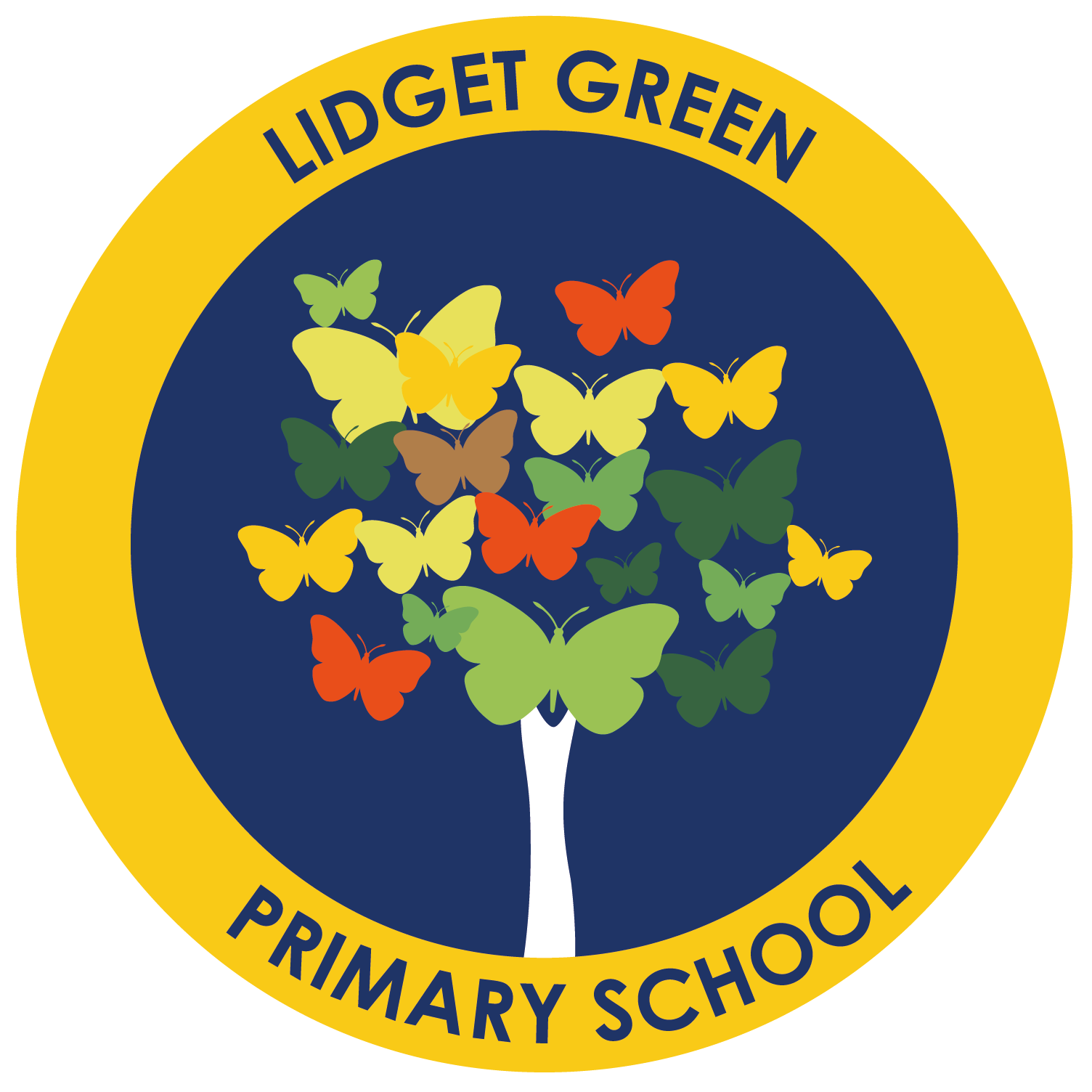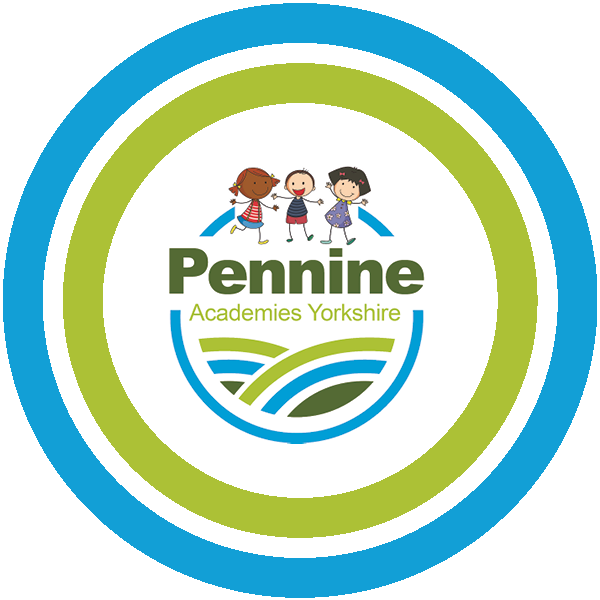Religious Education
All schools in England, whatever their foundation or governance, must teach religious education from age 5 to18. At Lidget Green Primary School we believe that RE is crucial for helping pupils understand the complex world around them, including the diverse religious and non-religious beliefs, values and ideas of people. This is why we have adopted Kapow Primary’s Religion and worldviews curriculum, which aligns with the Curriculum framework for Religious Education.
RE ‘should explore the important role that religious and non-religious worldviews play in all human life. This is an essential area of study if pupils are to be well prepared for life in a world where controversy over such matters is pervasive and where many people lack the knowledge to make their own informed decisions. It is a subject for all pupils, whatever their own family background and personal beliefs and practices.’
Commission on RE, September 2018.
Intent
Our RE curriculum builds children’s knowledge of religious concepts through combining substantive, disciplinary and personal knowledge in an enquiry-based approach. These concepts are grouped into four key concepts areas:
Beliefs
Wisdom & Morality
Practices
Community & Belonging
Our curriculum is designed to develop pupils’ enquiry skills. Each unit poses a question and over the course of the unit, pupils build their responses.
The Religion and Worldview enquiry cycle:

The strands of the curriculum are developed in each unit and as pupils develop their competencies in these strands they should be able to draw upon their knowledge across the strands to form thoughtful answers to some of life’s big questions.
Why are we here?
What is religion?
How can worldviews be expressed?
Why do worldviews change?
How do worldviews affect our daily lives?
How can we live together in harmony is we have different worldviews?
Exploring concepts through an enquiry-based approach, children will investigate a variety of worldviews, including Christianity, Islam, Hinduism, Sikhism, Judaism, Buddhism and Humanitarianism.
EYFS
Our Early Years Foundation Stage RE curriculum is designed to target Development Matters ‘Understanding the world’ statements and builds on pupils’ knowledge to provide an easy transition to the Primary Key stage 1 and 2 curriculum. The curriculum is designed to foster a curiosity about religions and worldviews, prompting children to start asking questions about beliefs while referring to their own experiences. Children begin to develop a basic understanding that people have different beliefs and things that are special to them. They learn that when we talk about our beliefs we are referring to something we believe to be true and become familiar with some of the vocabulary we use to talk about religion (e.g. God, belief, special, celebrate).
Implementation
Teaching
Our RE curriculum has been designed as a spiral curriculum with the following key principles in mind:
Cyclical: In each unit, pupils develop disciplinary, substantive and personal knowledge building on these through the study of concepts and religious & non-religious worldviews.
Increasing Depth: Each time a concept, religion or worldview is revisited, it is covered with greater complexity and in varying contexts.
Prior Knowledge: Upon returning to each concept, religion or worldview, pupils use prior knowledge to build on previous foundations, rather than starting again.
Our syllabus promotes an enquiry-based approach to Religious Education, with key questions forming the objectives of each unit of work. The enquiry is structured and led by teachers or, in some cases, cover supervisors so that core knowledge can be shared. This knowledge is put into the context of the children’s experiences and related to other areas of learning where applicable. Children are given the opportunity for exploratory talk during their learning. This involves thinking aloud, questioning, discussing, and collaboratively building ideas. By developing their Oracy skills, children will be able to speak eloquently, to articulate ideas and thoughts, to influence through talking, to collaborate with peers and to express their views confidently and appropriately. A variety of teaching approaches will be used; sources of information will include books, pictures, artefacts, videos and live discussions with visitors from different communities. Visits to places of worship are planned to support learning.
Children may record their learning in a variety of ways, depending on the unit of work and the age and needs of the child. Children with SEND have the same entitlement to R.E. teaching as all other children. It may be necessary to adapt lessons and tasks for children who find complex concepts difficult to understand, perhaps focussing on aspects of a topic that they can identify with or using pictures and artefacts to give a more practical experience.
Assessment
Formative Assessments are carried out each lesson, by beginning with a ‘Recap and Recall’ activity which is intended to allow pupils retrieval practice of key knowledge relevant to the upcoming lesson.
Summative Assessments are carried out at the end of each unit, assessing children’s understanding and retention of key knowledge using an assessment quiz with multiple choice and open-ended questions. Additionally, each unit uses a Knowledge Catcher which gives children the opportunity to further demonstrate their understanding of the key concepts covered.
Monitoring
The RE subject lead is responsible for monitoring the standards of children’s work and the quality of teaching, primarily through discussions with children based on teachers’ planning and the children’s own work. The RE lead will work with colleagues, offering advice, support and professional development as necessary.
Impact
Children will know some of the core beliefs and concepts of the major religions in the UK and some non-religious world views. They will know about stories and events that underpin those beliefs and concepts; they will appreciate that the authority for these comes from written traditions and from leaders.
Children will understand that people may express their beliefs at different levels, and in different ways, and that this contributes to the richness of the human experience. They will be able to articulate their own thoughts and beliefs and will be aware of some of the commonalities and differences between others’ beliefs and traditions and their own. They will recognise that these beliefs are part of each person’s individuality and may shape their life choices and actions.
Children will appreciate that a sense of community comes from shared values and experiences and will be able to identify what these are in the various communities to which they belong.
Parental right to withdrawal
In the UK, parents have the right to withdraw their children from RE on the grounds that they wish to make their own provision. This alternative will be the parents’ responsibility. This right of withdrawal exists for all pupils in all types of school, including schools with and without a religious designation. Parents also have the right to withdraw their child from part of RE and can do so without giving any explanation. If any parent wants to withdraw their child from RE, they must put this in writing to the Headteacher, who will then invite them to attend a meeting to discuss the matter further.

